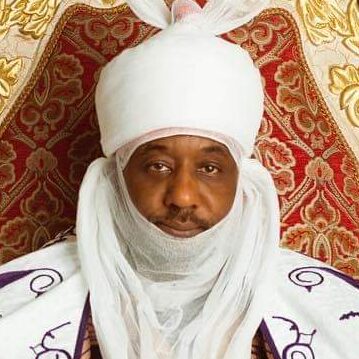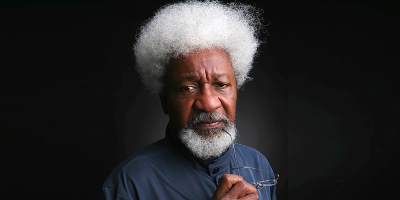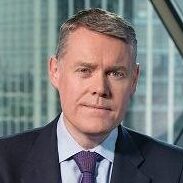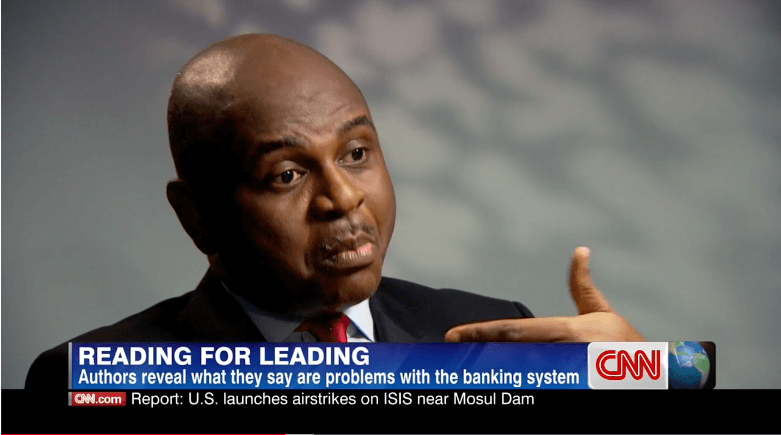About Kingsley
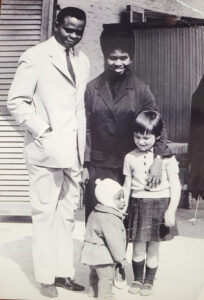
In Geneva, Switzerland with my parents Isaac and Vidah Moghalu and a neighbor’s child, 1964.
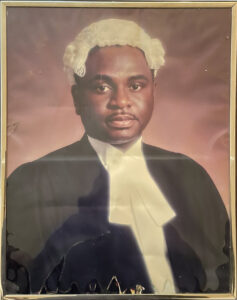 Education & Early Career
Education & Early Career
After his secondary education at Eziama High School, Aba, Government College, Umuahia, and Federal Government College, Enugu, Kingsley obtained a degree in law at the University of Nigeria, Nsukka and was admitted to the Nigerian Bar in 1987. National Youth Service Corps as a Legal Officer at Shell Petroleum Development Company (SPDC) Ltd in Lagos followed. So did a subsequent three-year stint that combined law and journalism as General Counsel of Newswatch, the leading newsmagazine in Nigeria at the time, a prolific contributor to the opinion pages of The Guardian newspaper, and a special correspondent in Nigeria for several US and European newspapers including Africa News Service (forerunner of AllAfrica Global Media), South, and the Christian Science Monitor.
Kingsley left Nigeria again in 1991 for his post-graduate education at The Fletcher School of Law and Diplomacy, turning down an offer from a friend to remain in Nigeria and become the company secretary of a new generation bank that was being set up in Lagos. His sights were set squarely on a loftier dream, one that called for delayed gratification. That goal was a career in the United Nations. Moghalu was awarded the Joan Gillespie Fellowship at The Fletcher School. He obtained a master’s degree in international relations from there in 1992.
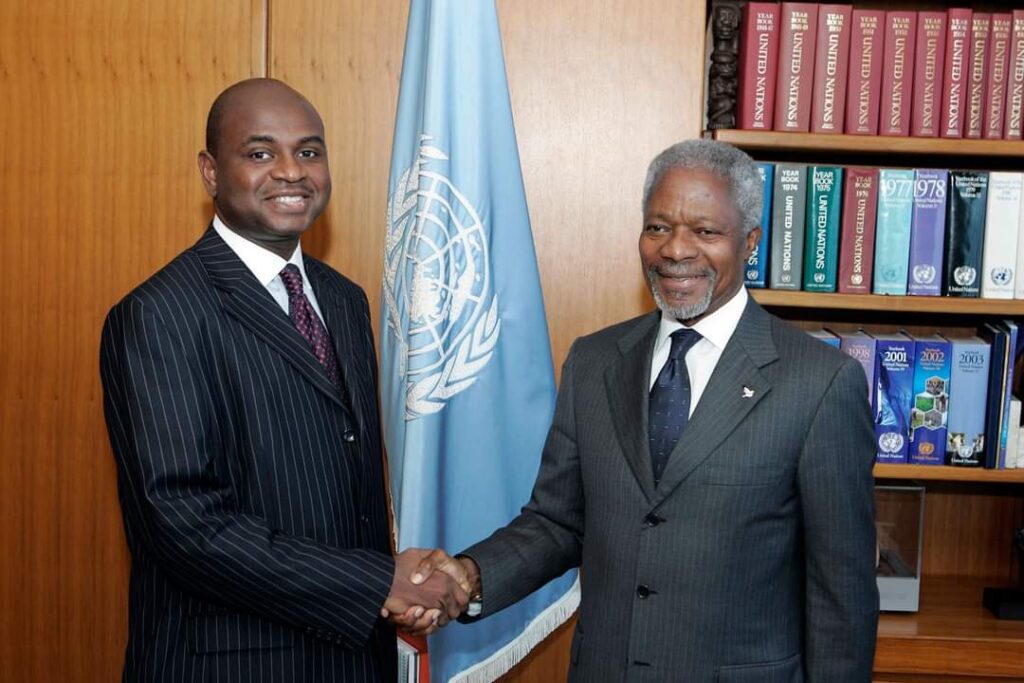
United Nations
Armed with interdisciplinary knowledge in international economics, international law and diplomacy, and a global network of contacts, Kingsley was ready to play on the world stage. He was appointed into the UN Secretariat in 1992 by then Secretary-General Boutros-Boutros Ghali on his individual merit. In the UN, Moghalu worked hard and rose through the ranks from entry level Associate Officer to the highest career rank of Director. Along the way, he handled legal, strategic planning and executive management assignments at UN Headquarters in New York and in Cambodia, Croatia, Rwanda/Tanzania, and Switzerland.
In 2006, UN Secretary-General Kofi Annan appointed Moghalu as one of five members of the high-level Redesign Panel on the UN Internal Justice System that overhauled the regulatory compliance, accountability, and dispute resolution framework that governs the global workforce of the UN. This was a core aspect of UN management reform. This six-month special assignment was at the nominal level of Under-Secretary-General.
Return to Education
Kingsley had deferred his plan to study for a Ph.D. when he was appointed into the UN after his master’s degree in 1992. A decade later, he returned to his quest for knowledge. By now a senior officer in the UN system in Geneva, he enrolled and studied part-time and obtained a Doctor of Philosophy degree in international relations at the London School of Economics (LSE) in 2005. Kingsley completed his 500-page doctoral dissertation in a record-breaking 12 months and his overall degree in 18 months.
Immediately after this, he studied for and obtained the International Certificate in Risk Management at the UK Institute of Risk Management in London. Later, he received further education in macroeconomics, financial policy, and corporate governance at Harvard University’s John F. Kennedy School of Government, Harvard Business School, and the International Monetary Fund (IMF) Institute.
Transition to Private Sector
In the course of his UN system career, Kingsley helped design a comprehensive risk management system for the $20 billion Global Fund in Geneva, an international development finance fund established under UN auspices. There, he was also the Head of Global Partnerships and Resource Mobilization and a member of the Risk Committee.
As his passion for risk management grew, Kingsley’s interests shifted to the private sector. He resigned his permanent appointment in the UN in January 2009 and established Sogato Strategies in Geneva with the minimum capital of 100,000 Swiss francs required to set up a Societe Anonyme (limited liability) corporation in Switzerland. The risk advisory firm soon won profitable mandates from global corporations such as the Swiss bank UBS and Syngenta, the Swiss agrochemicals multinational.
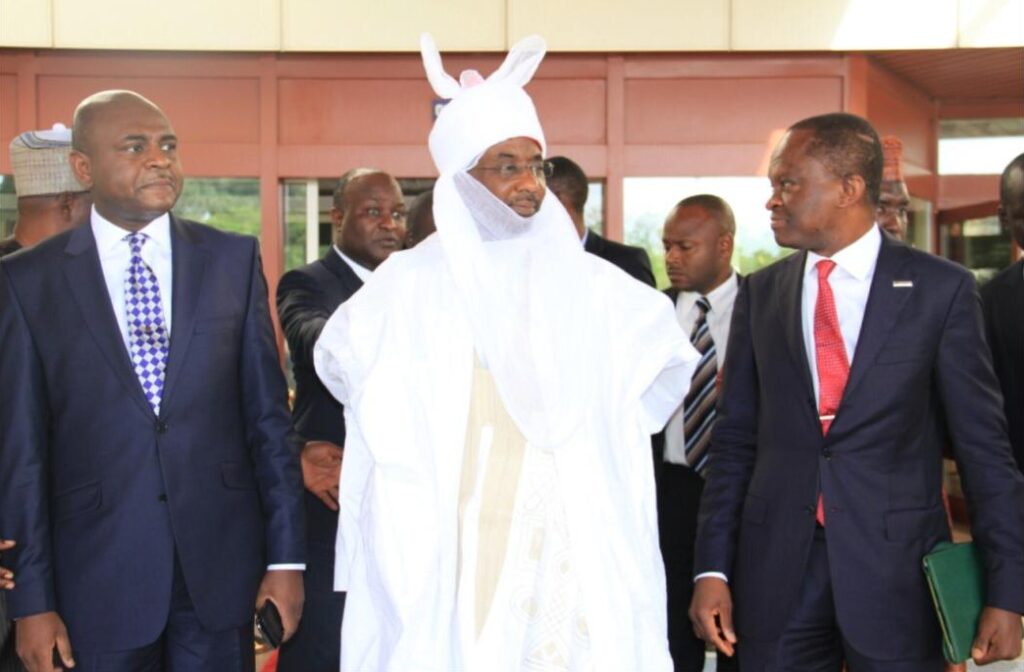
Central Bank of Nigeria
His expertise in risk management, and what turned out to be a fortuitous move into the private sector, eventually led to his being headhunted and as a Deputy Governor of the Central Bank of Nigeria (CBN) by the President of Nigeria, Umaru Yar’Adua in 2009. Risk management skill and knowledge was much in demand after the global financial crisis of 2008.
For five years at the Central Bank of Nigeria from November 2009 to October 2014, Kingsley Moghalu managed the systemic risks to Nigeria’s financial system, made sure the system remained stable, and led the team that executed the controversial banking sector reforms initiated by then CBN Governor, Sanusi Lamido Sanusi.
It was a demanding and stressful time. The nation’s financial system was negatively impacted by the global financial crisis of 2008. Nigeria’s banks were hit by their lending exposures to oil and gas companies after oil prices crashed. The oil revenues, which government deposited in banks, dropped to a trickle, and the stock market, to which banks were also exposed through margin lending, nearly collapsed in 2008. As Deputy Governor in charge of Financial System Stability (FSS), he was also a member of the Monetary Policy Committee (MPC) and the Bank’s board of directors. He later served as Deputy Governor for Operations with responsibility for payment systems reforms, the management of Nigeria’s external reserves of $37 billion, and CBN currency and branch operations. As Deputy Governor (Operations) he led the team that developed and introduced the Bank Verification Number (BVN), a unique identifier for over 40 million Nigerians with bank accounts in the financial system.
As part of his responsibilities as a Deputy Governor of the CBN, Kingsley Moghalu played key roles in the corporate governance of several institutions. He was the Chairman of the Board of Directors of the Nigerian Export-Import Bank (NEXIM), Financial Institutions Training Centre (FITC), and a member of the boards of the Central Bank of Nigeria, Asset Management Corporation of Nigeria (AMCON), Securities and Exchange Commission, and the Kualar Lumpur, Malaysia based Alliance for Financial Inclusion.
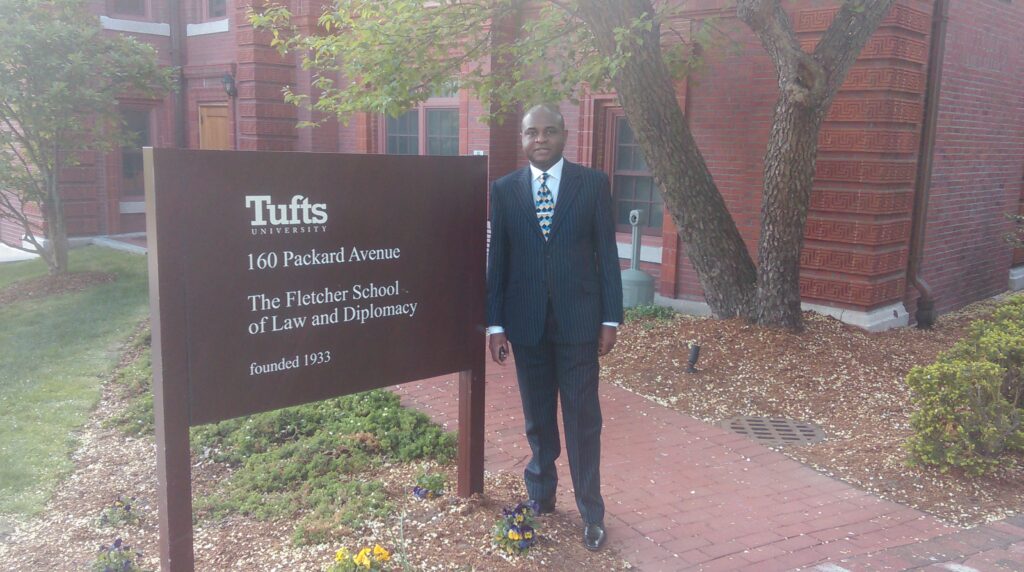
Professor of Practice
Kingsley completed his five-year tenure at the CBN meritoriously in November 2014. A versatile intellectual, he was subsequently appointed Professor of Practice in International Business and Public Policy at the prestigious Fletcher School of Law and Diplomacy at Tufts University in Boston, Massachusetts. Premier American universities only confer the title of “professor of practice” on selected, highly accomplished individuals who combine intellectual achievements with high-level real-world experience beyond the ivory tower.
Prof. Moghalu taught the course “Emerging Africa in the World Economy” in the Master of International Business (MIB) Program of The Fletcher School. He is a Senior Fellow at the institution’s Council on Emerging Market Enterprises. The Emerging Africa course was based on Moghalu’s widely acclaimed development economics book Emerging Africa: How the Global Economy’s ‘Last Frontier’ Can Prosper and Matter, published worldwide by Penguin Books in London in 2014.
Official Monetary and Financial Institutions Forum
The former CBN Deputy Governor was also appointed to the global Advisory Council of the London based Official Monetary and Financial Institutions Forum (OMFIF) immediately after his tenure at the CBN. OMFIF is an influential think tank and network of global institutional private investors and monetary policy experts.
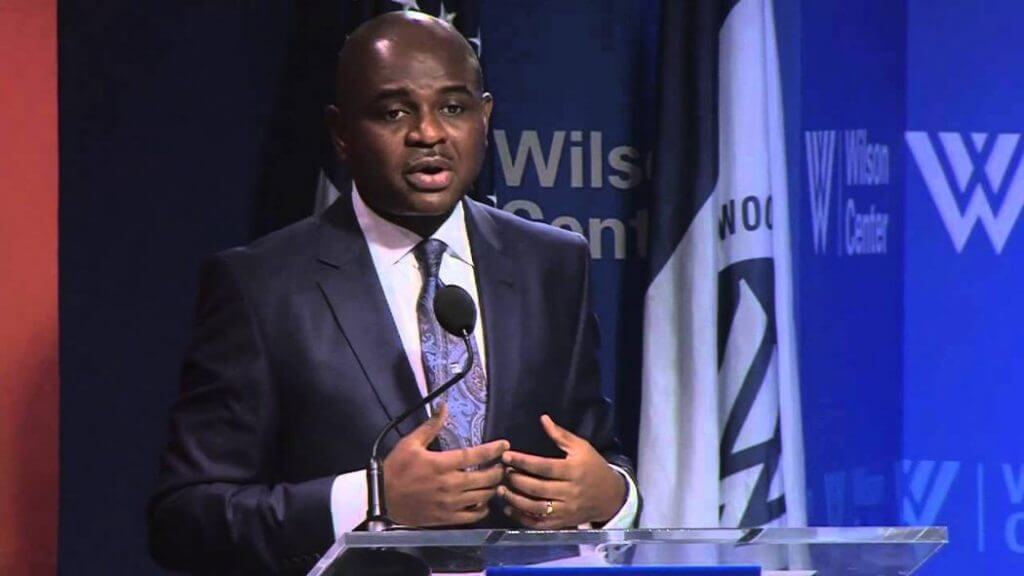
Public Speaking & Media
Prof. Moghalu also is a much sought-after speaker at global forums. He is a frequent commentator on global media such as CNN, BBC World TV, Bloomberg, and the London Financial Times. As world attention focused on Nigeria’s presidential elections in 2015, CNN turned to the ex-central banker for commentary and analysis on the country’s economy and politics in several interviews with the CNN global business and economy anchor Richard Quest.
Philanthropy
In 2005 Kingsley Moghalu founded the Isaac Moghalu Foundation (IMoF) in memory of his deceased father. The foundation is focused on literacy promotion, education, skills and leadership training. It has supported 50 underprivileged youth in rural areas with scholarships, trained over 1,000 women in Anambra, Kano and Nasarawa States of Nigeria including widows and women with disabilities, in entrepreneurial skills, and provided educational infrastructure support such as new classroom buildings, sanitary facilities and libraries to schools in disadvantaged localities in Anambra State and Abuja Federal Capital Territory. IMoF also holds periodic public leadership lectures.
Honors
Professor Moghalu is the recipient of several honors, including the Officer of the Order of the Niger (OON) conferred by the President of the Federal Republic of Nigeria, Fellow of the Chartered Institute of Bankers (FCIB) of Nigeria, and the Doctor of Laws (LL.D.) degree Honoris Causa from Chukwuemeka Odumegwu University (Anambra State University). He is also a member of the American Economic Association, American Bar Association, Academy of International Business, Global Association of Risk Professionals, and the Nigerian Bar Association.
Politics
Dissatisfied with the quality of leadership and governance in Nigeria as well as the rising poverty of millions of citizens, Kingsley announced his entry into partisan politics in Nigeria on February 28, 2018. Kingsley’s vision is to lead Nigeria’s transformation through a modern, 21st century presidency. His presidential candidacy in Nigeria’s general elections in 2019 inspired millions of Nigerians. Although Kingsley lost to the incumbent President Muhammadu Buhari who was re-elected, Moghalu’s candidacy is credited with altering Nigeria’s political narrative in the direction of reform.

Family
Professor Moghalu is married to Mrs. Maryanne Moghalu, a lawyer and social entrepreneur, who is the Executive Director of the Isaac Moghalu Foundation. Kingsley and Maryanne Moghalu have four children.
What people are saying
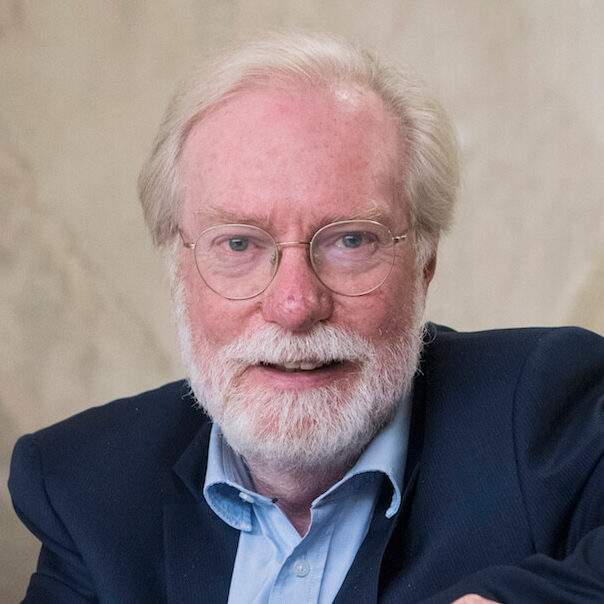
Blavatnik School of Government
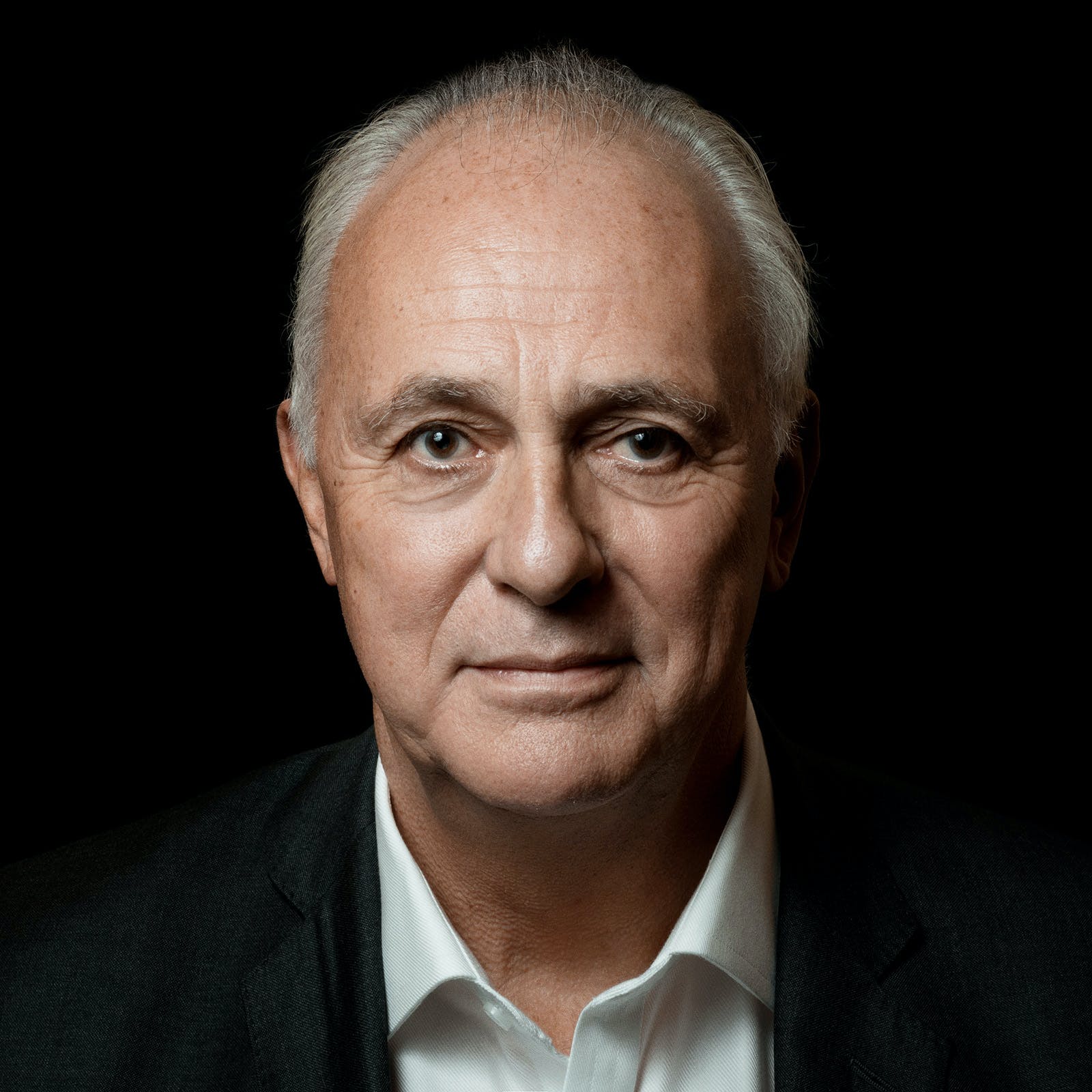
United Kingdom Foreign Office on Emerging Africa
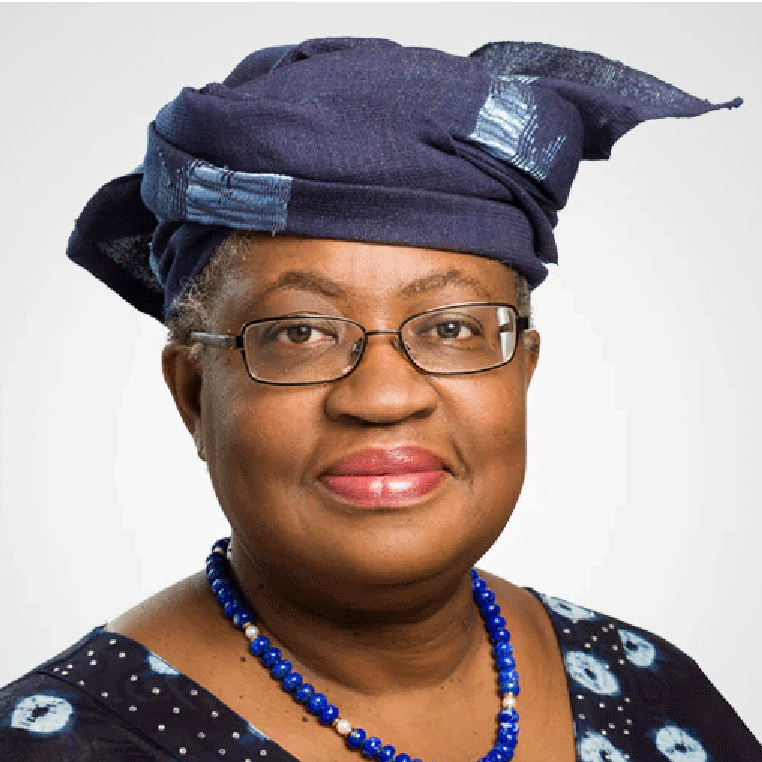
World Trade Organization on Emerging Africa
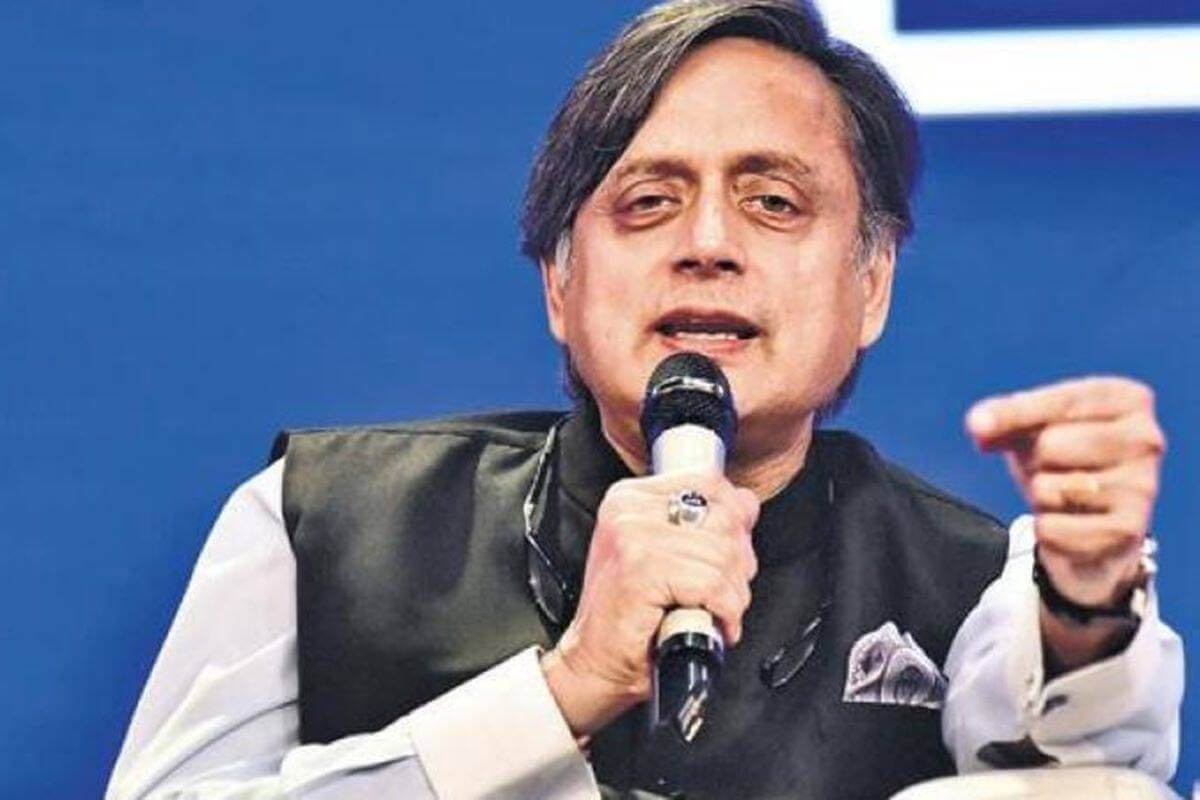
Former Under-Secretary General, United Nations on Emerging Africa
